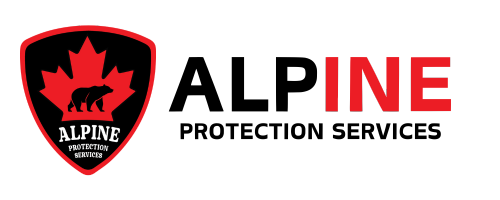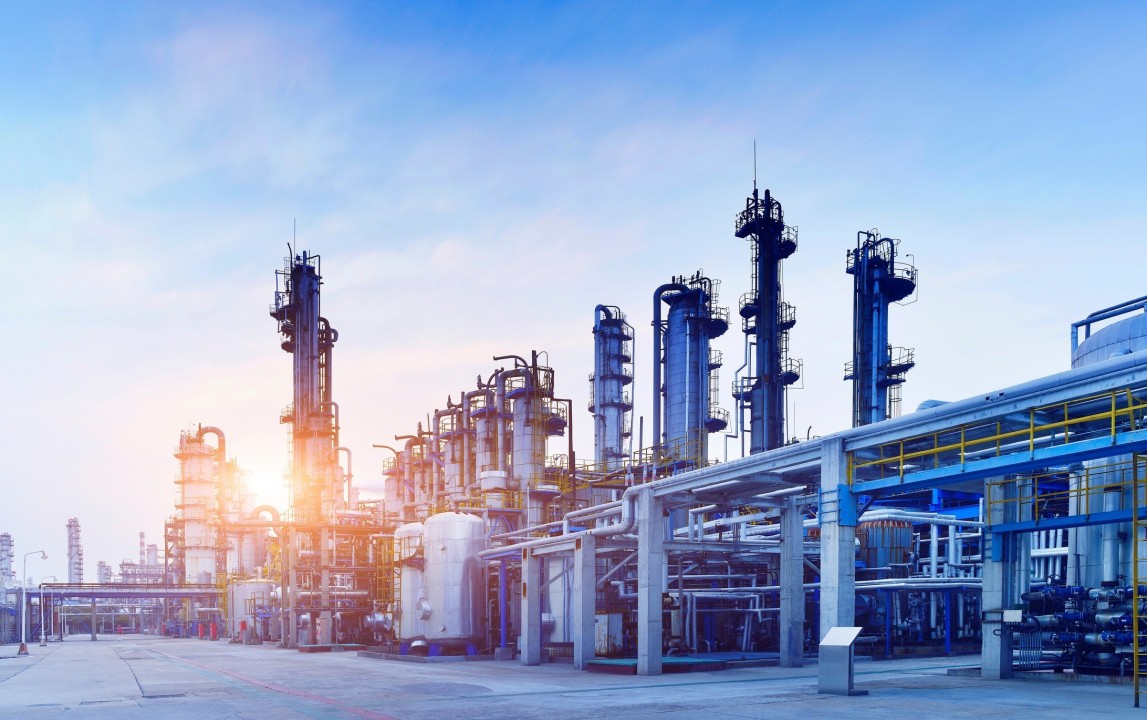The oil and gas industry plays a crucial role in the global economy, but it faces various security risks that can disrupt operations. To safeguard these critical assets, Oil & Gas Security need to be customized to meet the specific needs of both onshore and offshore sites. This blog explores the importance of tailored security services and how they address the unique challenges encountered in different environments.
Alpine Protection Services
Alpine Protection Services offers tailored security services designed to meet the unique needs of diverse industries, including oil and gas, construction, retail, and residential sectors. With a focus on professionalism and innovation, Alpine combines skilled personnel with advanced technology to provide round-the-clock protection. Their services range from mobile patrols, access control, and fire watch services to specialized event and energy project security. Whether securing remote industrial sites or ensuring the safety of urban facilities, Alpine Protection Services delivers customized plans that enhance safety, mitigate risks, and maintain smooth operations.
Understanding the Importance of Oil & Gas Security Services
Oil and gas operations are high-value targets for theft, vandalism, terrorism, and cyberattacks. Disruptions can result in financial losses, environmental damage, and reputational harm. Oil & Gas Security are designed to protect facilities, pipelines, workers, and sensitive data. However, no two sites are the same—onshore and offshore operations require unique strategies to manage their distinct challenges. Customizing security services ensures that each site receives the most effective protection.
Assessing Security Needs for Different Environments
The first step in customizing Oil & Gas Security Services is conducting a thorough security assessment. Onshore and offshore operations face unique risks that must be identified early. Onshore facilities might be more exposed to theft or vandalism, while offshore platforms are vulnerable to piracy, weather disruptions, and terrorism. Customizing security services ensures each operation receives the protection it needs based on location-specific challenges.
Preventing Intrusions and Theft
Onshore facilities often span vast areas, making them challenging to secure without the right measures. Perimeter fences, surveillance cameras, and access control systems are crucial to prevent unauthorized access. Oil & Gas Security for onshore operations also deploy mobile patrols to monitor pipelines and equipment, deterring theft and responding to security breaches swiftly. These services reduce the likelihood of disruptions caused by vandalism and sabotage.
Addressing Maritime Risks
Offshore oil and gas platforms operate in remote, isolated areas, making them harder to protect. Maritime patrols and vessel tracking systems are essential to prevent piracy and unauthorized access. Customized Oil & Gas Security also include advanced weather monitoring systems to ensure quick responses to storms or natural hazards. Security teams stationed offshore must be well-trained to handle emergencies, including evacuations or rescue operations.
Leveraging Technology for Enhanced Security
Modern security services heavily rely on technology to improve efficiency. Smart surveillance cameras equipped with artificial intelligence (AI) detect unusual activities, while drones provide aerial views of large areas. Remote monitoring systems enable centralized teams to manage both onshore and offshore security operations effectively. These advanced tools allow Oil & Gas Security Services to detect and respond to threats in real time.
Protecting Digital Infrastructure
The increasing digitization of oil and gas operations introduces new risks related to cyberattacks. Remote sensors, automated systems, and data networks must be safeguarded to prevent hacking attempts. Customized Oil & Gas Security include robust cybersecurity protocols such as firewalls, encryption, and continuous monitoring to protect critical infrastructure from digital threats. These measures are essential for uninterrupted operations.
Training and Coordination of Security Teams
Skilled personnel are the backbone of effective Oil & Gas Security. Onshore and offshore teams must undergo rigorous training to handle various security scenarios, from physical threats to emergencies. Joint training exercises ensure seamless coordination between both environments, enhancing their ability to respond to incidents swiftly. Security drills and crisis simulations prepare the workforce for real-world challenges, improving safety and operational efficiency.
Future Trends in Oil & Gas Security Services
The future of Oil & Gas Security will be shaped by emerging technologies and evolving threats. Increased use of drones, AI, and automation will allow companies to monitor remote locations more efficiently. As environmental concerns grow, security teams will also need to handle protests and regulatory scrutiny. By staying ahead of these trends and continuously refining security strategies, companies can maintain robust protection for their onshore and offshore operations.
Emergency Response Strategies for Onshore and Offshore Sites
Customized Oil & Gas Security must include detailed emergency response plans tailored to the environment. Onshore operations require swift responses to incidents such as equipment malfunctions, fires, or protests. Offshore platforms face additional challenges like hazardous weather conditions and the risk of maritime accidents. Each site must have clear evacuation procedures, emergency drills, and communication protocols to ensure worker safety. Rapid coordination between security teams and first responders plays a crucial role in minimizing damage during emergencies.
Regulatory Compliance and Industry Standards
Both onshore and offshore oil and gas operations must comply with national and international regulations to ensure safety and security. Customized Oil & Gas Security help companies align with these standards by implementing best practices in physical security, cybersecurity, and personnel training. Meeting regulatory requirements not only avoids penalties but also strengthens a company’s reputation. In addition, security audits and regular assessments ensure that security measures are up to date and can withstand evolving threats.
Conclusion
As the oil and gas industry evolves, security services will need to adapt to new challenges and technologies. Future trends may include increased use of automation, artificial intelligence, and remote monitoring. Companies must continue to customize their Oil & Gas Security Services to stay ahead of emerging threats and ensure long-term operational success. Whether onshore or offshore, tailored security services play a critical role in protecting valuable assets and maintaining smooth operations. By combining advanced technology with skilled personnel, companies can ensure their sites are well-protected and prepared for any eventuality.



